
China
13:52, 22-Sep-2017
China's central bank action could cripple DPRK economy: Expert
Abhishek G Bhaya
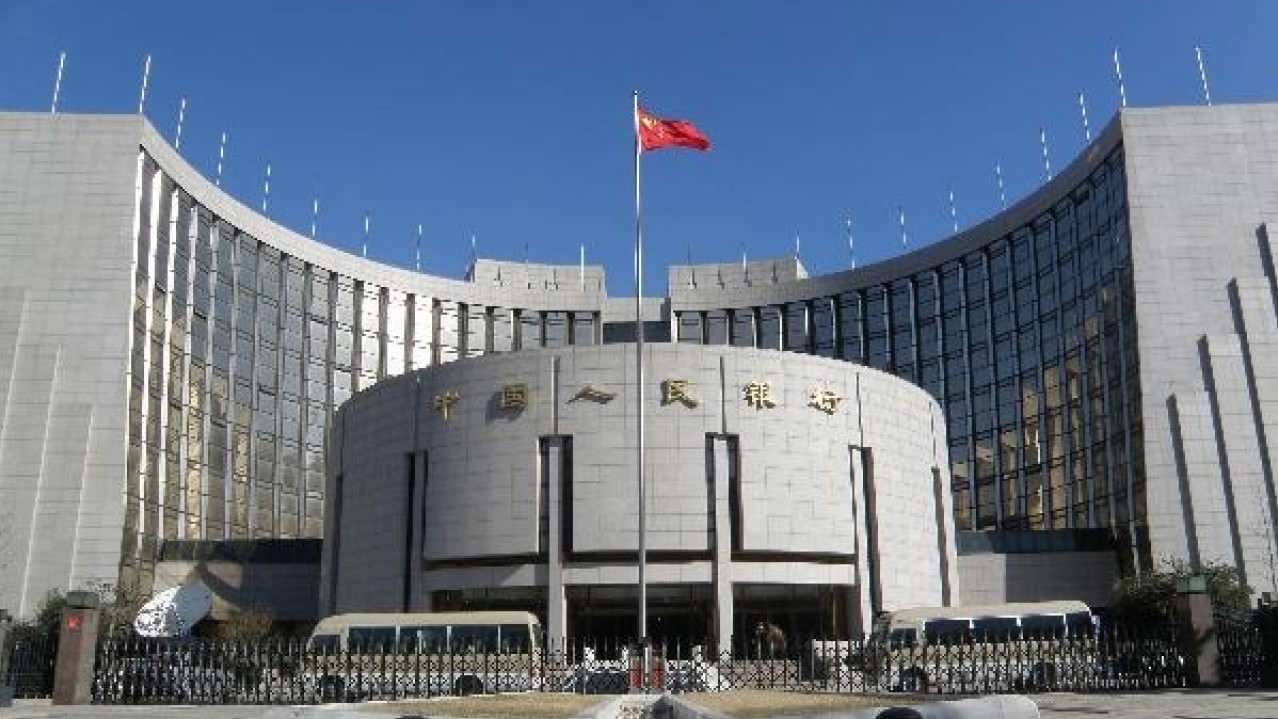
Could Chinese banks cutting off money flow to the Democratic People's Republic of Korea (DPRK) make the difference in stopping the nuclear crisis on the Korean Peninsula?
US President Donald Trump said Thursday that China's central bank has ordered the country's banks to curb trade with the DPRK, as he announced new US sanctions against Pyongyang.
The Chinese move, which Trump described as "very bold" and "unexpected," was not immediately confirmed by Beijing, but if it's true, it could cut a vital source of foreign currency for the DPRK government.
An expert CGTN spoke to believes that the move by China's central bank could have a crippling effect on DPRK's economy, which in many ways is dependent on the Chinese banking network for its international trade and foreign exchange inflow.
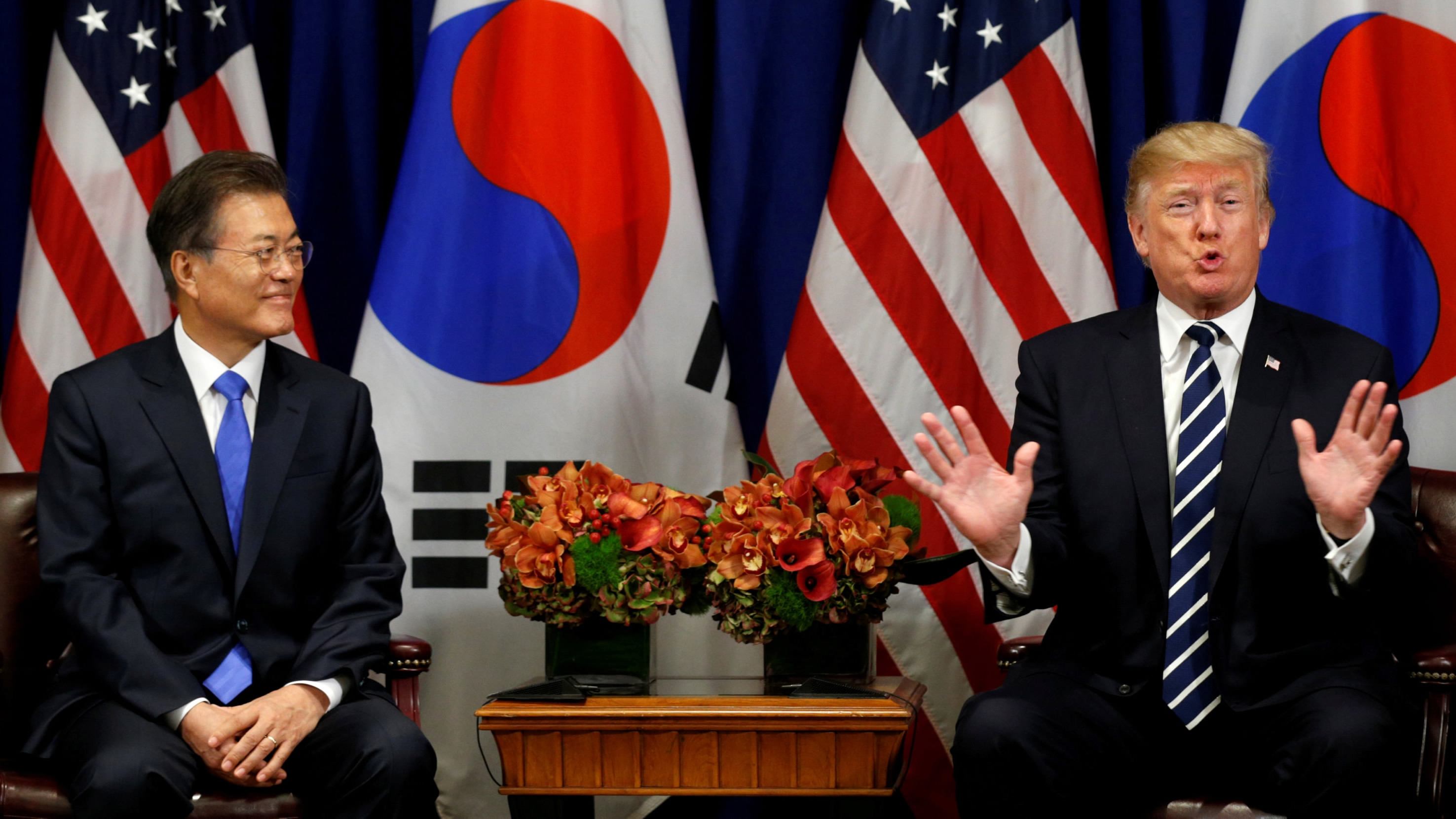
US President Donald Trump (R) meets with South Korean president Moon Jae-in during the UN General Assembly in New York on September 21, 2017. /Reuters Photo
US President Donald Trump (R) meets with South Korean president Moon Jae-in during the UN General Assembly in New York on September 21, 2017. /Reuters Photo
CGTN has sought a confirmation from the People’s Bank of China – China’s central bank – on the report, but has not received an official response.
Reuters reported, quoting four sources, that China’s central bank has told other Chinese banks to strictly implement United Nations sanctions against the DPRK.
The sources told Reuters that banks were told to stop providing financial services to new DPRK customers and to wind down loans with existing customers, following tighter sanctions against Pyongyang by the UN.
The sources said lenders were asked to fully implement United Nations sanctions against the DPRK and were warned of the economic losses and reputational risks if they did not do so.
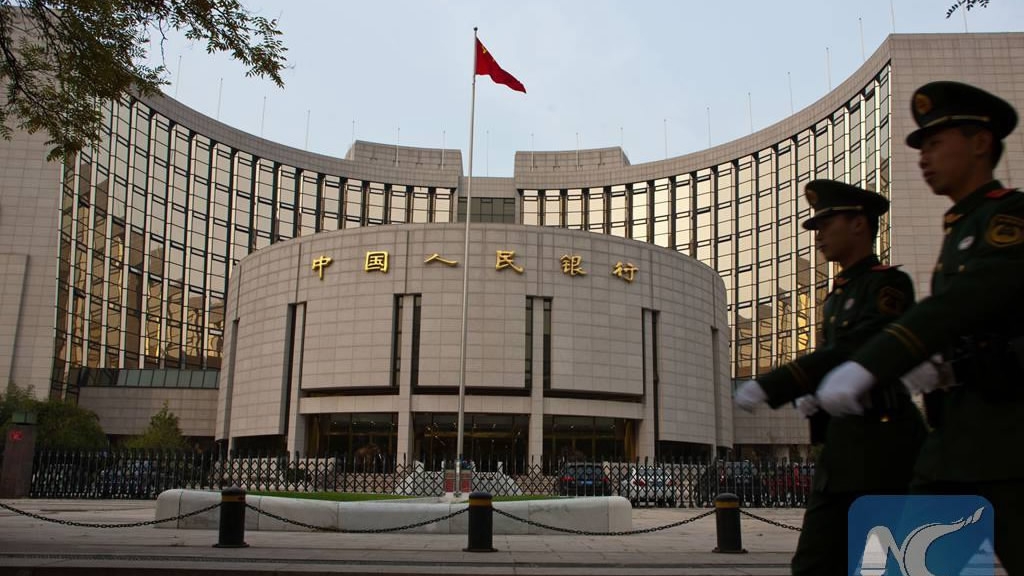
China's central bank, the People's Bank of China. /Xinhua Photo
China's central bank, the People's Bank of China. /Xinhua Photo
Chinese banks received the document on Monday, the sources told Reuters.
"At present, management of DPRK-related business has become an issue of national-level politics and national security," according to the document seen by the sources.
The document directed banks to explain to any DPRK customers that "our bank is fulfilling our international obligations and implementing United Nations sanctions against the DPRK. As such, we refuse to handle any individual loans connected to the DPRK."
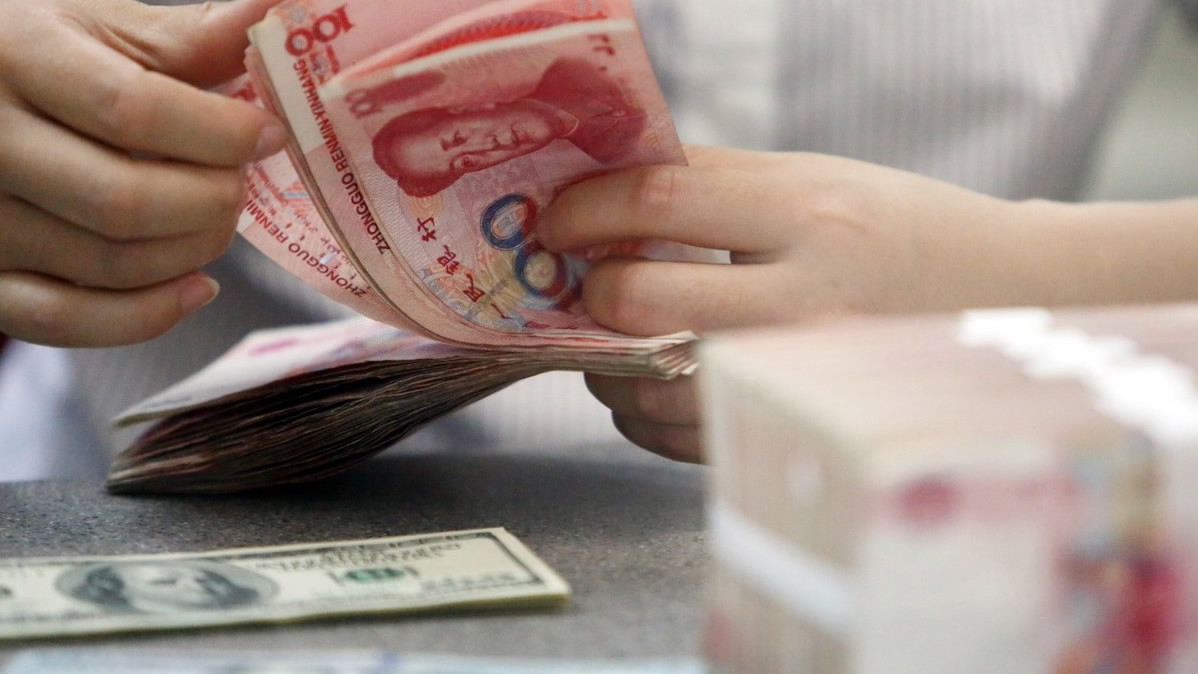
The move by the Chinese banks could have a crippling effect on DPRK's economy. /Xinhua Photo
The move by the Chinese banks could have a crippling effect on DPRK's economy. /Xinhua Photo
The document did not specify whether existing DPRK account holders could still deposit or remove money from their accounts.
The move by the Chinese banks could have a crippling effect on DPRK's economy, said Zhou Yongsheng, professor and doctoral tutor of the China Foreign Affairs University.
Speaking to CGTN, Zhou said: "Firstly, it will put a constraint on the DPRK's ability to conduct foreign trade. Many banks in the DPRK execute forex settlement through Chinese banks. Now, if Chinese banks stop carrying out business with them, the DPRK banks will find it difficult to conduct regular business."
Zhou said the move will also limit foreign exchange inflows, which play a vital role in DPRK's economy. "Many DPRK citizens remit money home through Chinese banks. Under the proposed ban, the Chinese banks will stop providing services to new DPRK customers, and therefore those transactions would be severely hampered," he said.
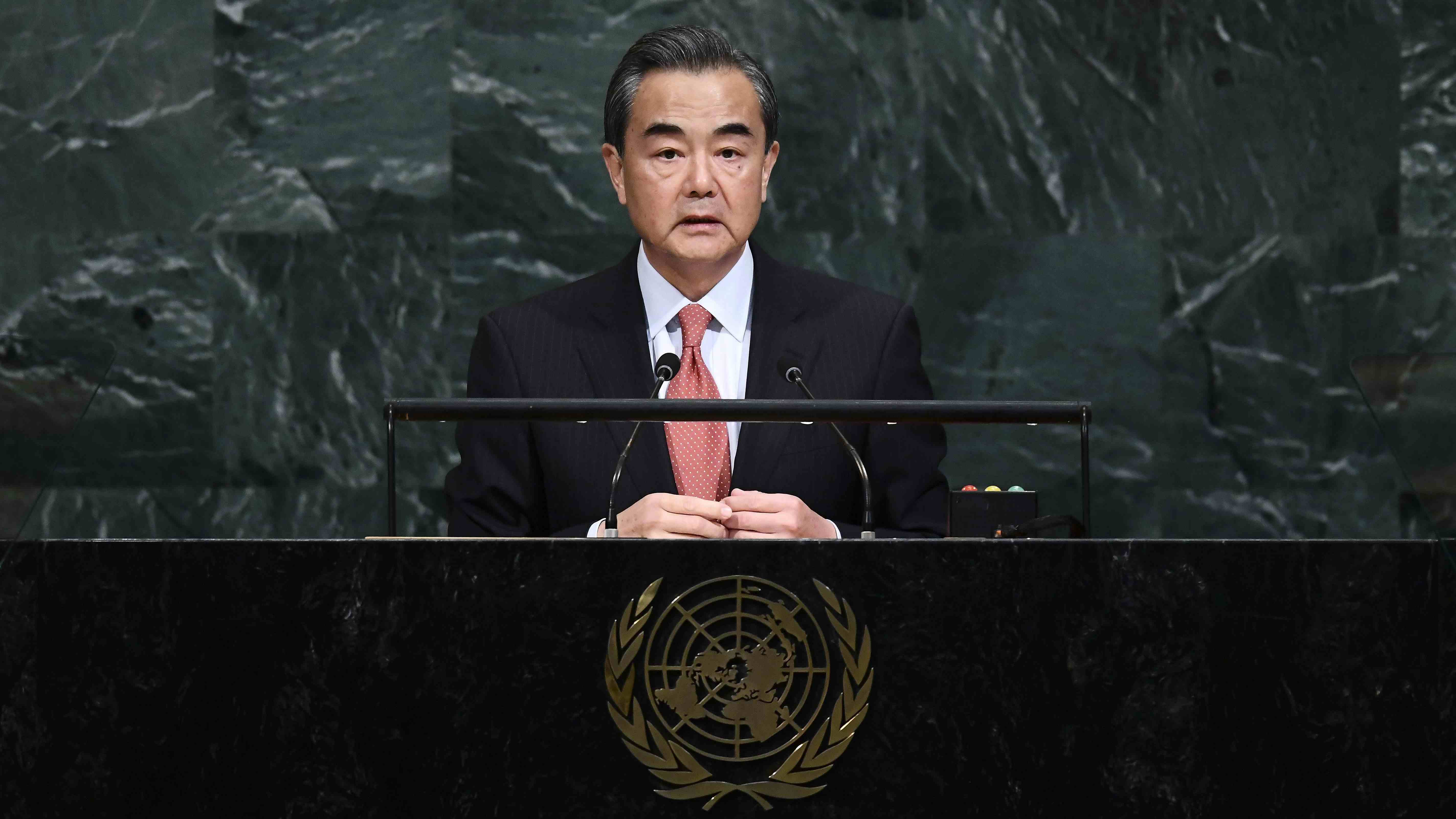
China's Foreign Minister Wang Yi addresses the 72nd Session of the United Nations General assembly at the UN headquarters in New York on September 21, 2017. /AFP Photo
China's Foreign Minister Wang Yi addresses the 72nd Session of the United Nations General assembly at the UN headquarters in New York on September 21, 2017. /AFP Photo
Meanwhile, Chinese Foreign Minister Wang Yi said Thursday that negotiation remains the only solution to the DPRK issue and warned its neighbors not to pursue their own nuclear weapons.
"There is still hope for peace and we must not give up. Negotiation is the only way out and deserves every effort," Wang told the ongoing UN General Assembly.
"We call upon all parties to play a constructive role in easing tensions. Parties should meet one another halfway by addressing one another's legitimate concerns," he said.
US President Trump ordered new sanctions on Thursday that open the door wider to blacklisting people and entities doing business with the DPRK, including its shipping and trade networks, further tightening the screws on Pyongyang’s nuclear and missile program.
(With input from Li Kun)

SITEMAP
Copyright © 2018 CGTN. Beijing ICP prepared NO.16065310-3
Copyright © 2018 CGTN. Beijing ICP prepared NO.16065310-3